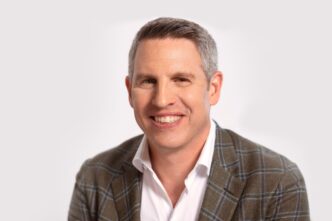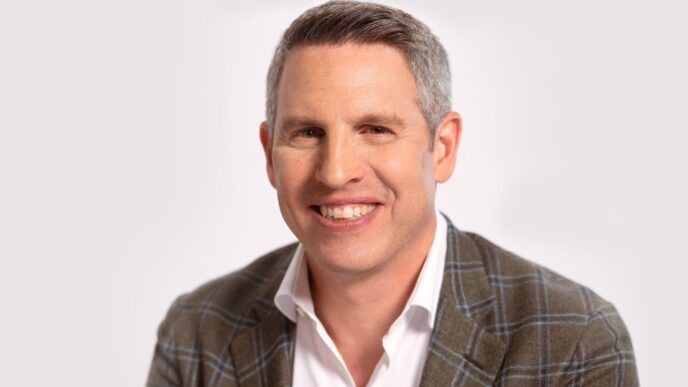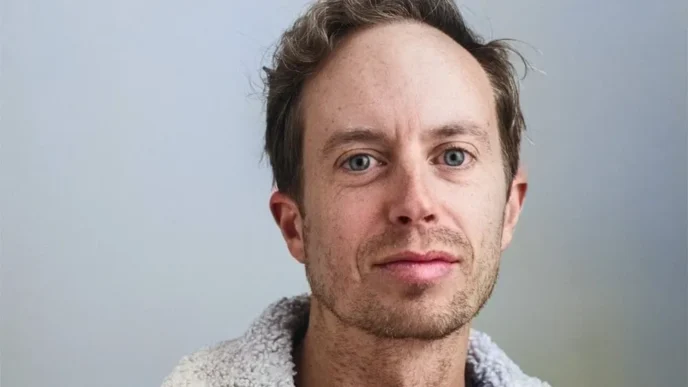TJ Parker and Elliot Cohen, the minds behind PillPack, are back with a bold new venture. Their startup, General Medicine, aims to fix what they call a broken U.S. healthcare system. After selling PillPack to Amazon for nearly $1 billion in 2018, they’ve returned with a new mission—making healthcare access feel as easy as online shopping.
They’re not doing it alone. Joining them is Ashwin Muralidharan, a healthcare veteran who worked closely with Amazon’s top medical leadership. Together, they’ve built a platform that connects people to care in a way that feels simple, fast, and personal.
A New Kind of Healthcare Marketplace
General Medicine works like a digital marketplace. Users can search for care based on their symptoms or get matched with the right provider. They can also refill prescriptions or book lab work, all in a few clicks. The platform supports both insurance and cash payments, making it flexible for many types of patients.
Unlike typical telehealth apps, General Medicine blends online access with in-person care. It pulls from a network that includes its own medical teams, nearby clinics, trusted labs, and specialists. The goal is to bridge the gap between digital convenience and physical care.
This mission hits close to home for Parker. He grew up in his father’s pharmacy, where he often delivered medication to patients who couldn’t make it in. That early exposure to patient struggles helped shape his view of the healthcare system. Frustrated by its inefficiencies, he later co-founded PillPack and changed how Americans receive medications. Now, with General Medicine, he’s tackling an even bigger problem—how people access care itself.
Now Live, and Ready to Scale
Founded in 2023, General Medicine quietly started serving patients earlier this year. With its public launch now underway, the team hopes to bring relief to millions who find healthcare confusing or just too hard to use.
The founders are direct about their mission. They believe U.S. healthcare is a mess, but it doesn’t have to be. They’re not trying to replace your doctor or build the next mega hospital. Instead, they want to remove friction from everyday care—starting with a platform that just works.
Amazon, meanwhile, has had mixed results in healthcare. It shut down its in-house telehealth and fitness wearable programs. But it still runs Amazon Pharmacy, born from the PillPack deal, and owns One Medical, which it acquired in 2022 for $3.9 billion.
In contrast, General Medicine is starting small but smart. With a proven team and a clear problem to solve, it may offer a fresh path forward for an industry badly in need of change.













